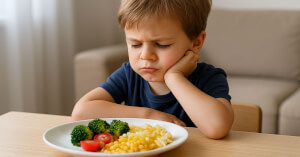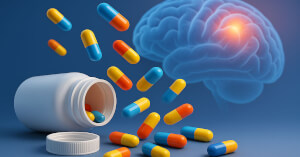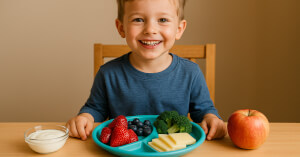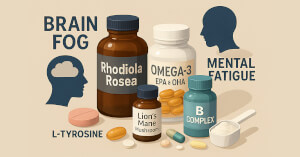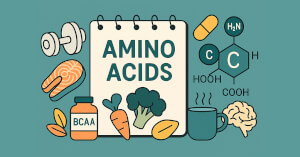
Is it safe to give Nootropics to children?
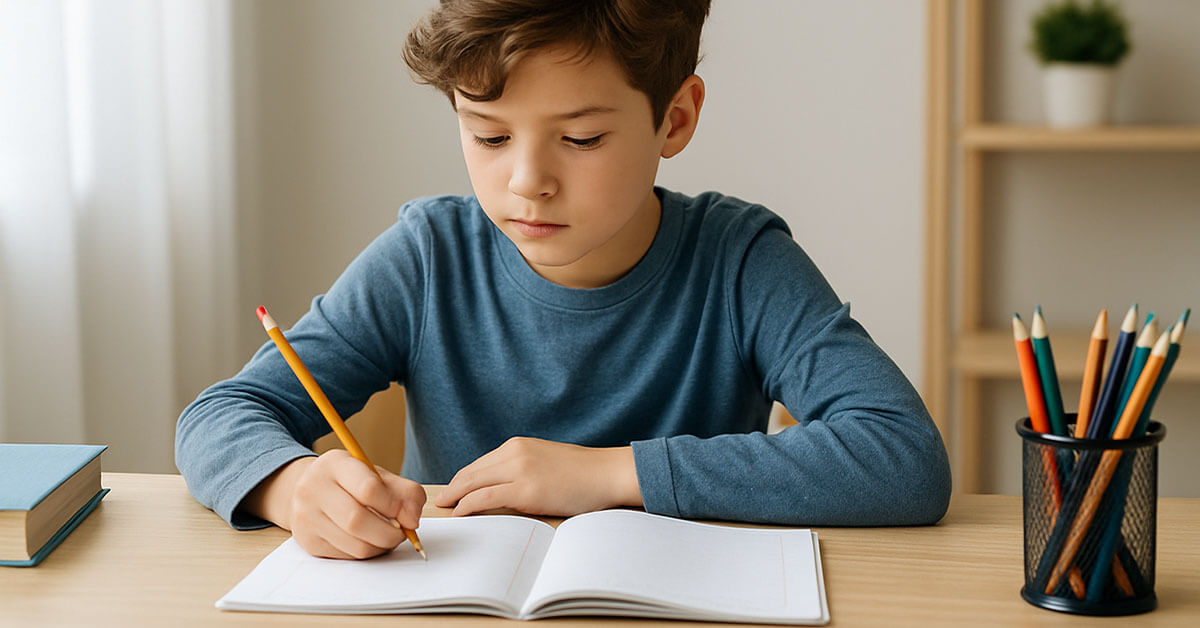
Parents sometimes hear about nootropics, supplements said to boost memory, focus, and learning, and wonder if they could help their children do better at school or reduce hyperactivity. But when it comes to developing brains, caution is key. So is it actually safe to give nootropics to kids? Let’s look at what they are, why parents might consider them, and what science really says about safety.
What Are Nootropics?
Nootropics are a broad category of substances that are believed to support brain function. Some are natural, like plant extracts or amino acids, while others are synthetic, including prescription medications. They are typically taken to improve concentration, memory, and mental energy.
Commonly known nootropics include herbs such as rhodiola or ashwagandha, mushrooms like lion’s mane, compounds like L-theanine, or omega-3 fatty acids. In the medical setting, prescription stimulants are also considered nootropics, but those are tightly regulated and prescribed only under strict supervision for conditions such as ADHD.
Why Parents Consider Nootropics for Children
- Concerns about focus, hyperactivity, or learning difficulties at school.
- A desire to give children a “natural” boost for memory and performance.
- Interest in alternatives to prescription medications for ADHD.
While these motivations are understandable, the question remains: are nootropics safe for growing children?
Natural Nootropics for Children Without Disorders
When it comes to healthy children, the reality is that most natural nootropics have never been studied clinically. This means there is no reliable evidence on safety, dosage, or long-term effects for growing brains. Below are some of the most common natural nootropics, with their intended benefits in adults, but no research in healthy children:
- Rhodiola rosea: Often used to fight fatigue and stress in adults. No clinical studies exist in children.
- Lion’s Mane (Hericium erinaceus): A mushroom promoted for memory and focus, studied mainly in older adults. No pediatric studies exist.
- Ashwagandha (Withania somnifera): Popular adaptogen for stress and energy, with several adult trials. Not tested in children.
- Bacopa monnieri: Traditionally used as a memory booster, supported by multiple studies in adults. No solid clinical research in healthy children.
- Ginkgo biloba: Studied for circulation and cognition in adults. No studies in healthy children.
- L-Theanine (with or without caffeine): Known for calming effects in adults. Only limited adolescent studies exist, none in younger children without disorders.
📊 Clinical Evidence: Despite their popularity among adults, there are no robust clinical trials testing herbal or mushroom-derived nootropics in healthy children. This absence of research is one of the main reasons experts caution against their use in kids.
Natural Nootropics for Children With ADHD
The only clinical studies involving nootropics in children focus on ADHD (attention deficit hyperactivity disorder). Even here, research is limited, often with small sample sizes and mixed results. Here are some natural nootropics that have been studied:
- Omega-3 fatty acids (DHA and EPA): Several studies suggest they may help improve attention and reduce hyperactivity in children with ADHD. PubMed Central
- Ginkgo biloba: A small randomized trial in children with ADHD reported modest improvements in attention, but effects were weaker than medication like methylphenidate. PMC4968082
- Bacopa monnieri: A 2022 review suggested possible benefits for memory, language, and learning in children and adolescents, which may help with ADHD-related symptoms. Review 2022
- L-Theanine (often with caffeine): Research suggests this amino acid may support mood, attention, and impulse control in children with ADHD. PMC8794723
- Rhodiola rosea: Direct research in ADHD children is lacking, but some scientists hypothesize it could support focus and reduce fatigue. No pediatric ADHD trials yet.
📊 Clinical Evidence: Studies on natural nootropics in ADHD children exist, but they are generally small, short-term, and show mixed results. None are considered replacements for standard ADHD treatments. At best, they may play a supportive role, but always under medical supervision.
Conclusion: Proceed With Caution
Nootropics may sound appealing to parents who want to support their child’s brainpower, but the reality is that research in children is virtually nonexistent.
With unknown long-term effects and potential risks, experts recommend avoiding nootropics for kids unless specifically prescribed by a qualified healthcare professional.
The good news: proven strategies like healthy diet, proper sleep, and supportive routines remain the safest and most effective way to help children thrive.
FAQs
Is it safe to give Ashwagandha to children?
No clinical studies have tested Ashwagandha in healthy children. While some adult studies suggest stress and energy benefits, safety and dosage for kids are unknown. It is not recommended without medical supervision.
Is it safe to give Rhodiola to children?
Rhodiola has been studied in adults for fatigue and focus, but there are no pediatric trials. For children, its safety and effectiveness remain unproven, so experts advise against use.
Is it safe to give Ginkgo biloba to children?
One small study tested Ginkgo in children with ADHD, showing modest improvements but weaker effects than prescription medication. For healthy children, there are no studies, and safety is uncertain.
Is it safe to give Bacopa monnieri to children?
A 2022 review suggested Bacopa may support memory and learning in children with ADHD, but results are preliminary. For healthy children, no research exists, and safety is not established.
Is it safe to give Lion’s Mane to children?
Lion’s Mane mushroom has been studied mostly in older adults for cognition and nerve health. No clinical trials exist in children, so it should not be given without medical guidance.
Is it safe to give L-Theanine to children?
L-Theanine, sometimes combined with caffeine, has shown calming effects in small studies with children with ADHD. However, dosing is unclear and long-term safety is not known for healthy kids.
This article was originally published on Stackbb, your trusted source for science-based supplement guides.
